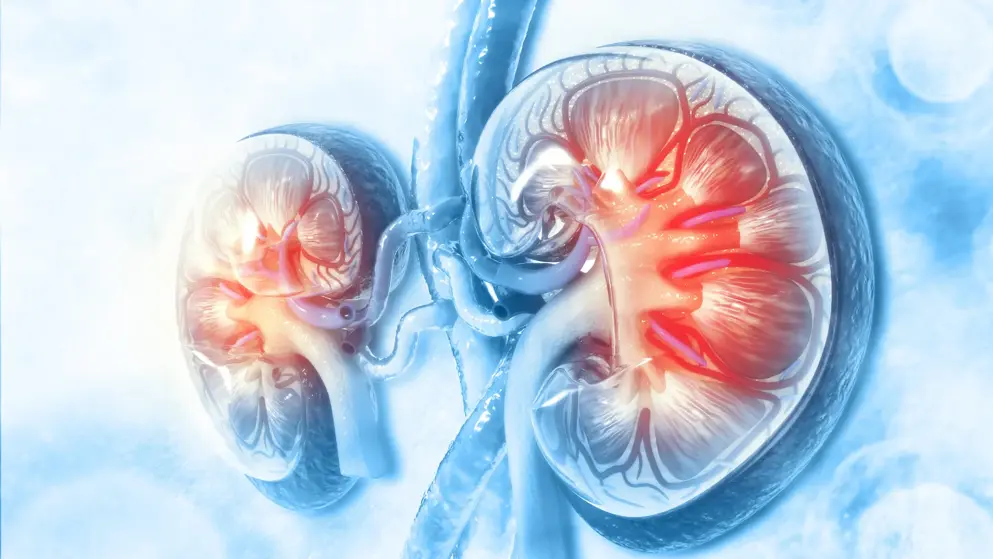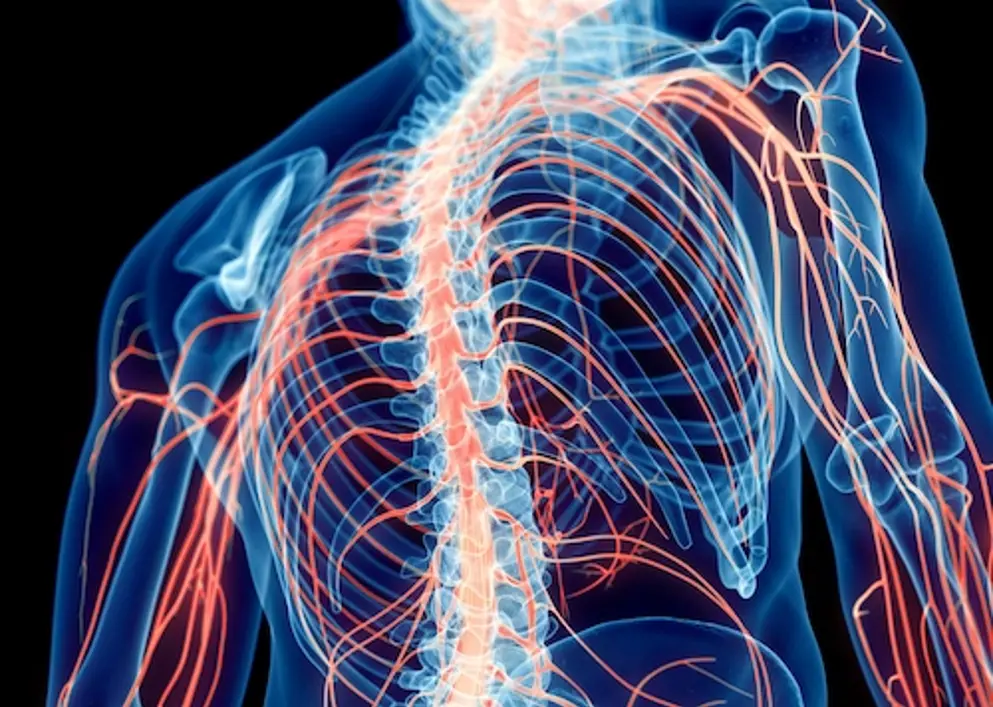Effects of Dapagliflozin in Stage 4 Chronic Kidney Disease
Effects of Dapagliflozin in Stage 4 Chronic Kidney Disease
Background: In the Dapagliflozin And Prevention of Adverse Outcomes in Chronic Kidney Disease (DAPA-CKD) randomized placebo-controlled trial, the sodium-glucose cotransporter 2 inhibitor dapagliflozin significantly reduced risk of kidney failure and prolonged survival in CKD patients with or without type 2 diabetes.
Methods: In this prespecified analysis of dapagliflozin's effects in patients with stage 4 CKD (eGFR<30 mL/min per 1.73m2) at baseline, we randomized adults with eGFR of 25-75 mL/min per 1.73m2 and urinary albumin-to-creatinine ratio of 200-5000 mg/g to receive dapagliflozin 10 mg/day or placebo. The primary outcome was a composite of time to ≥50% sustained decline in eGFR, end-stage kidney disease, or kidney or cardiovascular death. Secondary outcomes were a kidney composite (same as the primary endpoint but without cardiovascular death), a composite of cardiovascular death or heart failure hospitalization, and all-cause death.
Results: A total of 293 participants received dapagliflozin and 331 received placebo. Relative to placebo, dapagliflozin was associated with reductions in the primary composite endpoint (hazard ratio [HR], 0.73; 95% confidence interval [95% CI], 0.53 to 1.0), the kidney endpoint (HR, 0.71; 95% CI, 0.49 to 1.02), the cardiovascular endpoint (HR, 0.83; 95% CI, 0.45 to 1.53), and the mortality endpoint (HR, 0.68; 95% CI, 0.39 to 1.21). The eGFR slope declined by 2.15 and 3.38 mL/min per 1.73m2 per year in the dapagliflozin and placebo groups, respectively (P=0.005). Patients treated with dapagliflozin or placebo had similar rates of serious adverse events and adverse events of interest.
Conclusions: Among patients with stage 4 CKD and albuminuria, dapagliflozin's benefits were consistent with those observed in the DAPA-CKD trial overall, with no evidence of increased risks.
Read abstract on library site Access full article





